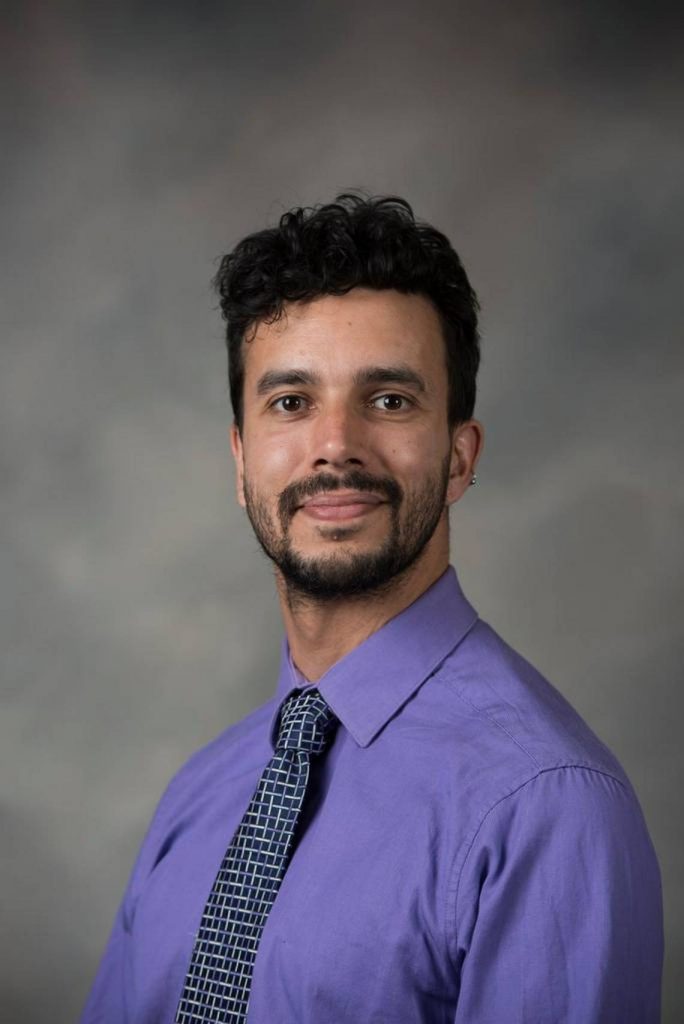Sociology courses frequently focus on helping students understand the severity of our social problems. We can do even better by also helping students take practical steps to address these problems. Helping students practice civic engagement is important because it addresses a too-frequent blind spot in our pedagogy: we assume that students who learn about problems will be inspired to act and know how to act on them. But it isn’t necessarily true that students who learn about poverty, racism, environmental destruction, and the like will be moved to act and know how to do so; they might instead become fatalistic or depressed. Teaching them how to productively express their views in a real-world civic context may reduce the risk of defeatism and encourage positive action.
One approach I’ve used is teaching students how to call their elected officials to share their views on a course-related topic. This activity can take on added significance during or just after elections, but can be used in nearly any class regardless of election cycles. I typically mention calling elected officials briefly on the first day of class and then return to it after a month or two once students have built up content knowledge. I begin real preparation about two class periods before asking students to make a call. I ask students to find a current local, state, or national policy issue connected to a course topic on which they would want elected officials to hear their view. Since class members vary widely in how closely they follow politics, I give time to research policy connections, encouraging them to look for legislation currently under consideration.
I ask students to generate ideas and to talk with others, and to write up a paragraph explaining who they might call and why. I remind them of differences between levels of government and decision-making (in particular, many students need an explanation of state vs. federal legislators). I share resources on how to find relevant lawmakers; example issue guides; information on what happens when you call and why calls may sometimes have an impact; and tips for reducing anxiety. In particular, mentioning that most calls go to an intern whose job is to note constituents’ opinions, or to voicemail where students can leave a message, relieves a frequent worry.
Using speakerphone, I make a call while in front of the class. Students then have 10-15 minutes to fan out and make a call themselves. Though in practice I have limited control over whether they call, most report (in follow-up anonymous surveys) that they do. The most commonly shared reaction during debriefing is that calling was easier and less anxiety-provoking than expected. Most class members also report that the exercise has made them more likely to call an elected official in the future. I share more facilitation suggestions and learning outcomes evidence in a Teaching Sociology article describing the exercise in detail.
In a mostly-democratic system such as the modern U.S., citizen input shapes some political outcomes. That students learn how to engage the political system around social problems—and crucially, that they actually engage it—helps them develop citizenship skills they can use throughout their lives. Further, moving from solely learning about problems to taking action generates satisfaction that can fuel continued learning. For these reasons, civically-minded instructors should incorporate this activity in their classes.

Raj Ghoshal is an associate professor of sociology at Elon University in North Carolina. He has published over a dozen journal articles, mostly on race and ethnicity. He teaches courses on race and racism, political sociology, quantitative methods, and criminology. His most recent work appears in Sociology of Race and Ethnicity.


Comments